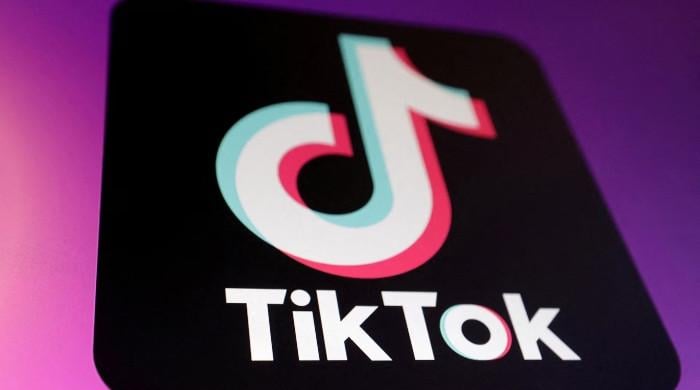Oil giant Shell to incorporate AI for faster, efficient oil exploration
AI technology would generate subsurface images using fewer seismic data scans than usual, companies say
May 17, 2023

In an attempt to modernise its business and generate revenue in a market-competitive manner, global oil giant Shell has decided to use artificial intelligence technology to increase production and offshore oil output, Reuters reported Wednesday.
The company said that it will be using AI technology from SparkCognition — a Texas-based big data analytics company.
The big data firm will analyse and process large amounts of underground data to look for new oil reserves by the London-based oil giant — the biggest oil producer in the US Gulf of Mexico.
Gabriel Guerra, Shell's vice president of innovation and performance, said in a statement: "We are committed to finding new and innovative ways to reinvent our exploration ways of working."

The aim of the company is to increase its production efficiency and attain successful exploration of new reserves. The companies said the new process can shorten explorations to less than nine days from nine months.
Bruce Porter, chief science officer for SparkCognition said: "Generative AI for seismic imaging can positively disrupt the exploration process and has broad and far-reaching implications."
The companies said the technology would generate subsurface images using fewer seismic data scans than usual, helping with deep sea preservation.
Seismic technology sends sound waves to explore subsurface areas.
The companies noted: "Fewer seismic surveys accelerate exploration workflow and would save costs in high-performance computing."











